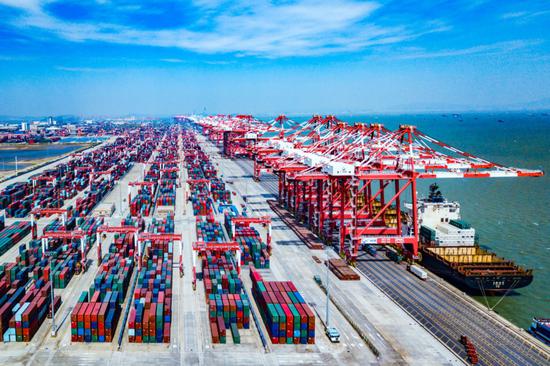
Photo shows a view of Nansha Port in Guangzhou, South China's Guangdong province. (Photo provided to chinadaily.com.cn)
China's export sector saw a better-than-expected performance in the first seven months of the year as overseas demand remained on a steady growth trajectory, fueled by the strong competitiveness of Chinese products across various sectors, officials and analysts said on Wednesday.
This despite fresh trading restrictions tipped by certain economies and escalating geopolitical tensions. Moreover, the improved domestic appetite and strengthened business sentiment in the world's second-largest economy, thanks to a package of policy measures over the past months, have propped up the steady growth of its imports, they said.
As the overall global economic situation remains subdued and various external uncertainties continue to proliferate, key factors such as the pace and sustainability of restocking efforts in major markets should be closely monitored and well-focused support should be put in place to better position China to fortify the resilience of its foreign trade, they added.
The goods trade volume expanded 6.2 percent year-on-year to 24.83 trillion yuan ($3.46 trillion) in the January-July period, data released on Wednesday by the General Administration of Customs showed. Exports rose 6.7 percent, while imports climbed 5.4 percent.
China's collective import and export volume in the first seven months achieved a historic high for the same period. Notably, the promising momentum continued in July, marking the fourth consecutive month of registering a year-on-year expansion rate of over 5 percent, said Lyu Daliang, director of the administration's department of statistics and analysis.
Looking ahead, the export performance is expected to continue its solid growth trajectory, though analysts anticipate a potential moderation in the expansion rate as the base effect from the previous year comes into play starting in August.
Zhong Zhengsheng, chief economist at Ping An Securities, said the sustained strength of external demand has provided a solid foundation for China's thriving export performance during this period, as developed economies continue their rebound and developing nations expand their markets.
In the first seven months of the year, China's total imports and exports with the European Union, the United States, South Korea and Japan amounted to 8.49 trillion yuan, up 2.2 percent year-on-year.
Concurrently, the country's trade with the Association of Southeast Asian Nations, Central Asia, Latin America and Africa collectively reached 7.6 trillion yuan, reflecting a year-on-year growth of 9.8 percent during the same period.
Wang Qing, chief economist at Golden Credit Rating, said the ongoing trade friction with major economies such as the European Union and the US, the reshuffle of political lineup in overseas economies, and inventory replenishment activities in key markets will have a direct bearing on the demand for Chinese goods.
Stronger steps should be taken to facilitate the development of cross-border e-commerce and overseas warehouses and provide enterprises with new avenues to penetrate overseas markets and reach global consumers, Wang said.









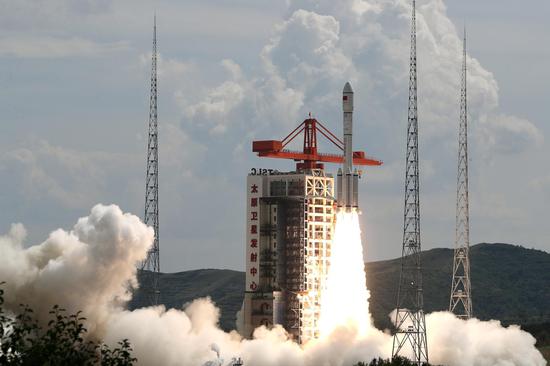





















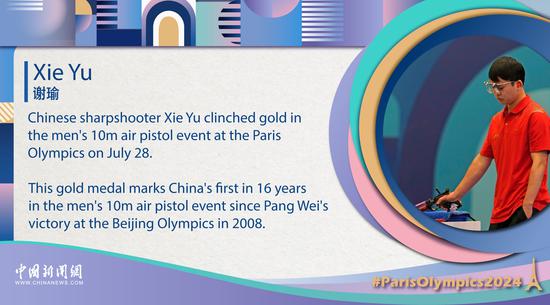



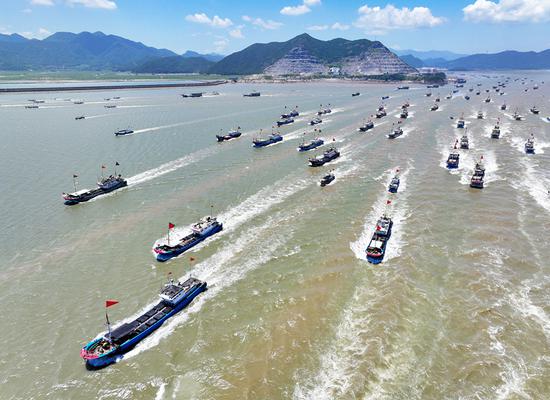

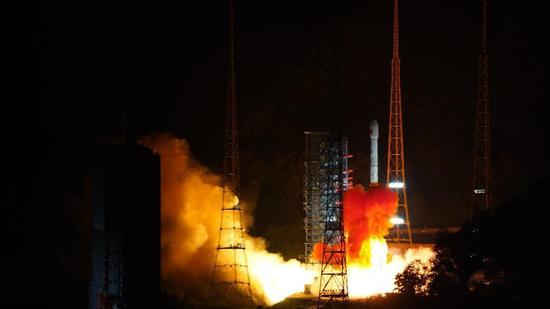












 京公网安备 11010202009201号
京公网安备 11010202009201号